At some point in time, we’ve all had a disturbing experience that left us shocked. The occurrence was so overwhelming we frooze and didn’t know what to think, feel or do. As the moment unrolled, we folded inward. Stopped in our tracks, it was hard to comprehend someone or something so disconcerting.
Shock is a reaction that one has to an unexpected event or traumatic incident that is upsetting and can make it hard for us to function. I have often heard someone say they didn’t know how to react and as a result felt they failed to take immediate action. Shock can be a powerful state to overcome. It may be surmountable in mere minutes but if the individual has been traumatized it could be months or years.
In the Western world, shock is often perceived as a invalid emotion. Whereas in Chinese medicine, shock is perceived as a valuable emotion and is associated with the Heart. The languaging around shock in the Western world can paint it as neutral, passive, inactive and or weak. It is none of the above; it is in fact distinct, powerful and significant of just how broadly a boundary has been breached. Sometimes shock evolves from something harmless like a surprise birthday party or friendly prank, but can also stem from a breach in confidence, natural disaster, or traumatic event.
As part of the survival function present in all living beings - the fight, flight or freeze response - shock can render someone unable to move or speak. If we are still and quiet enough; we might be safe enough. It is not a symptom of weakness; it is a physiological response rooted in the bare and essential want to survive.
Per Dr. Daramus, “Emotional shock is often part of our fight or flight response, a normal but painful way our brain reacts to something it sees as a threat to our well-being.” When your brain is unable to process the situation, it freezes in an effort to protect your mind and body. (Verywellmind.com) “You might feel numb, or cry, or rage. You might just sit there, emotionally unable to move. You might dissociate, and feel like nothing around you is real, or that it‘s actually happening to someone else.”, Aimee Daramus, PSYD
I advocate for people to be present with their emotions because it is essential for us to process our feelings and digest our experiences. As shock is associated with the Heart in Chinese medicine, I offer a simple technique that can help you move through the locks of shock.
Calming Technique: Sit or lay down. Enable your spine to feel tall, long. Rest your hands upon your heart and begin to take deep, slow, steady breaths. Allow each inhalation to expand your chest to meet your hands. As you exhale, allow your hands to follow the release of the breath. Receive the warmth of your hands. Sense your heartbeat. Slowly move your hand clockwise over your heart for as long as it feels good to you. Try to stay present and steady in your self-awareness for up to five minutes, longer if needed.
The next time you hear someone say, or you find yourself saying, “I simply didn’t know what to do,” hold that person in compassion, because even though a reaction may not have followed, their paralysis held meaning - the intention to survive.
Learning helpful techniques such as somatic touch or breathing techniques can be soothing to the soul. As spirit beings embodying human life, let us all remember that while we can’t correct the past, we can learn from it and heal in the present.
Tania Isaac is an experienced Channeler, Pet Communicator, Integrative Energy Healer and 200 E-RYT certified yoga instructor who specializes in blending healing modalities to create unique specialized healing sessions. She is located in Santa Barbara, CA where she lives with her husband and rescued dog Oreo. Her mission is to empower empaths and help individuals connect with their innate metaphysical and healing abilities. Visit her website to learn more about her offerings: www.taniaisaac.com

